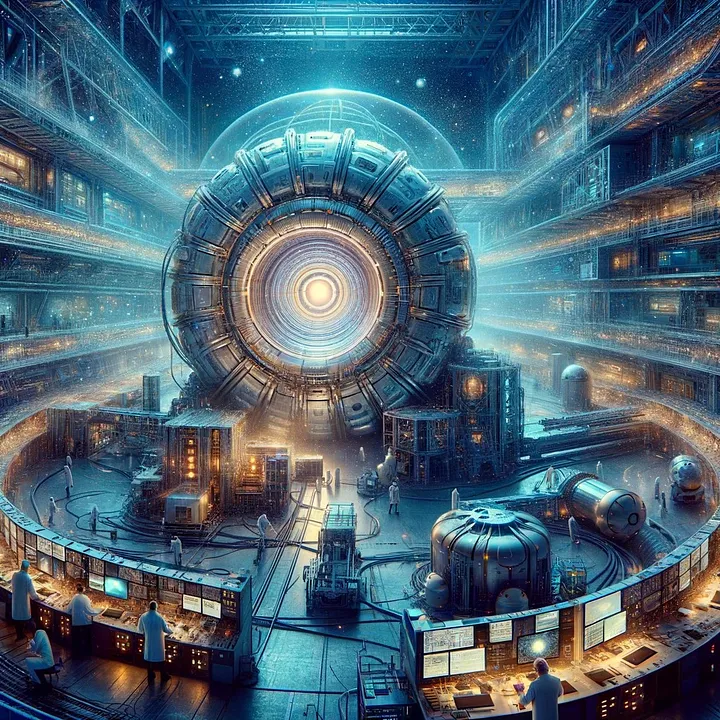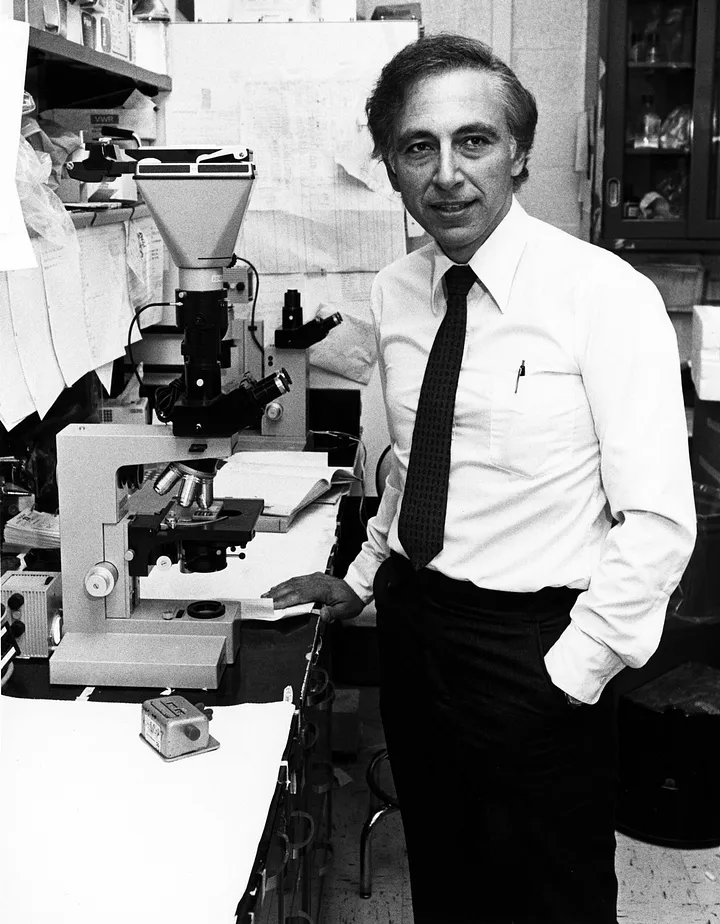Nestled in the picturesque city of Geneva, Switzerland, the European Organization for Nuclear Research, commonly known as CERN, stands as a beacon of scientific exploration and discovery. But why Geneva, some ask? Geneva, a city with a history steeped in diplomatic neutrality and home to numerous international organizations, offers more than just a strategic location. Some believe that its placement in Geneva holds deeper, more arcane significances, possibly linked to ancient mythologies and even darker legends.
The World of Particle Physics: CERN’s Frontline
At the heart of CERN’s mission lies the quest to understand the fundamental constituents of matter. Particle physics, the laboratory’s main focus, seeks to unravel the mysteries of the universe, from the tiniest particles to the vast cosmic expanse. The Large Hadron Collider (LHC), the world’s most powerful particle accelerator, is the centerpiece of this pursuit. Here, in this massive underground facility, protons collide at near-light speeds, producing a spectrum of particles that could hold the answers to age-old questions about the nature of reality.
CERN’s research encompasses an array of experiments, each designed to explore different aspects of particle physics. From the study of antimatter to the investigation of dark matter and the early universe, CERN’s endeavors are as diverse as they are profound.
The Curious Case of the Higgs Boson and Beyond
In 2012, CERN announced the discovery of a boson consistent with the long-sought Higgs boson, a particle integral to our understanding of mass. This groundbreaking finding was a monumental step in particle physics, earning the Nobel Prize for the theorists who predicted its existence.
But CERN’s aspirations extend far beyond the Higgs. Experiments like CMS and ATLAS continue to search for new particles and phenomena, pushing the boundaries of what we know about the universe.
The Alleged Hidden Agendas: Myth or Reality?
It is here, in the realm of the unknown, that some believe CERN’s true purposes lie hidden. There are those who speculate that CERN’s activities are not merely scientific endeavors but are part of a grander, more esoteric agenda. They point to the laboratory’s location in Geneva, a city rumored to have connections to occult symbolism and even to Satan himself, as evidence of a deeper, darker mission.
These theorists argue that CERN’s experiments with the LHC and its study of antimatter might be attempts to unlock portals to other dimensions or to wield powers that go beyond scientific understanding. The creation of antimatter, the exploration of dark matter, and the probing of the early universe are seen not just as scientific inquiries but as steps towards a greater, possibly ominous, goal.
Fact or Fiction: The CERN Conspiracy
The truth about CERN’s work is complex and multifaceted. While it is a hub of scientific innovation and discovery, the veil of secrecy and the complex nature of its research fuel the fires of conspiracy. The juxtaposition of cutting-edge science with age-old mythologies creates a narrative that is as intriguing as it is controversial.
As we delve deeper into the mysteries of the universe, the line between science and legend becomes increasingly blurred. Whether CERN is merely a scientific institution or a key player in a larger, more arcane saga remains a topic of heated debate and speculation.
In conclusion, CERN stands at the crossroads of science and myth, of particle physics and cosmic mysteries. Its pursuits, while grounded in scientific inquiry, touch upon questions that have fascinated humanity for centuries. Whether its location in Geneva is a mere coincidence or a hint at hidden agendas is a question that continues to captivate and intrigue.
References
- “Experiments at CERN” — CERN
- “CERN’s Scientific Achievements” — Wikipedia
- “What we do at CERN” — CERN












